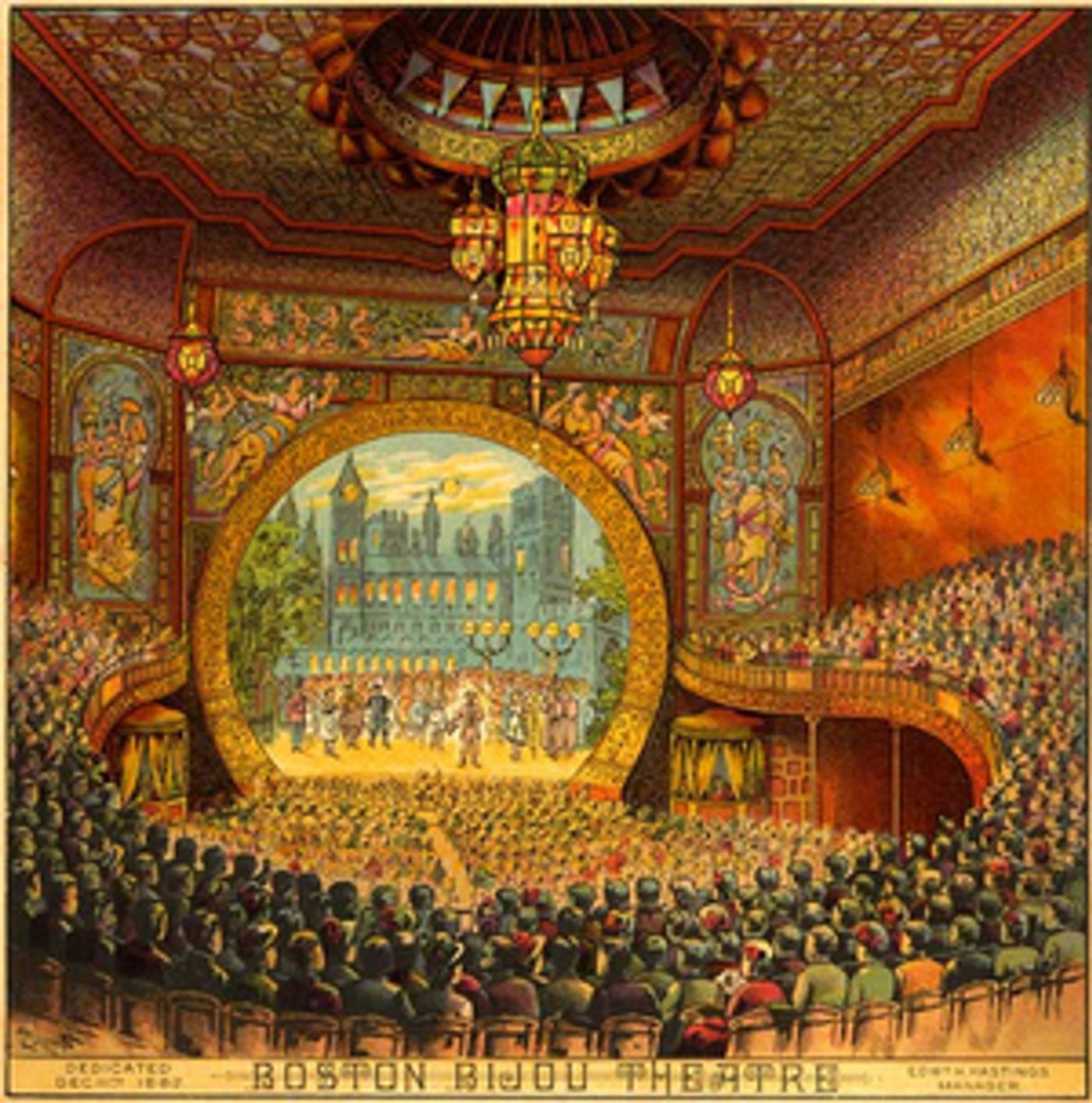Looking Back to Look Forward, Part Three: Funding

This article is Part Three in a series. Check out Part One here and Part Two here.
A native New Yorker, Dr. Donatella Galella admits to a past as a theatre snob. "I was like, 'Does it even exist outside of New York City?'." Her 2009 internship at Arena Stage in Washington, DC shifted her interest in the way theatre is programmed in the standard regional model. After her time at Arena Stage, she noted the ways major cultural movements like "Occupy" affected her own thinking about arts programming. "While at Arena, I learned how the company helped pave the way for transferring non-profit regional theatre productions to Broadway, and from Broadway to non-profit regional theatres." This allowed her to develop her first book, America in the Round: Capital, Race, and Nation at Washington, DC's Arena Stage.
In 1957, Washington, DC became America's first majority-Black major city, when the Black population officially surpassed the 50% mark, thus earning the city's colloquial nickname, 'Chocolate City'. "The 'Chocolate City' moniker also described fellow cities with Black mayors. DC had Walter Washington who began as Mayor-Commissioner in 1967 and then officially Mayor in 1975 when residents were finally restored the right to vote for their own representation," Galella expounds. Her research reveals the ways Arena Stage, which was founded in 1950, shifted their model to better serve DC's Black middle-class. "After about 15 years, they had developed quite a deficit, so they started using persuasive rhetoric to justify that deficit. In the beginning, Arena, like other regional theatres, was a for-profit organization. Theatre was seen as a commercial venture unlike museums, operas, or ballets." As 'white flight' to the suburbs affected DC's demographic drastically through the second half of the twentieth century, Arena rebranded as a non-profit so they would be better able to afford land on which to perform.
Galella explains how Arena's rebranding paved the way for theatres across the country to recenter their values and missions in order to solicit donations and justify loss of profits. "The rhetoric centered around the idea of education. (Arena was) putting on Brecht and anti-Vietnam War shows like Oh, What a Lovely War. They played up on the assumption that 'fluffy' shows were bringing in money but 'radical' shows, while beneficial to the public, were not financial successes. It was savvy to play upon this presumed binary because, in fact, controversial shows were turning a significant profit." She continues to analyze the unique financial pressures which face a theatre in DC, a territory without a state arts agency. Without the standard state infrastructure in place, Arena has an increased dependence on federal funding opportunities as well as donors. "We all need to be having a conversation about the subscriber model right now," she observes, "because it doesn't work for young people. A subscription requires a trust in the taste for a full season- which most young people cannot afford. However, for years the subscription model may have subsidized experimental works. For instance, someone might purchase tickets because they want to see My Fair Lady but end up funding a new work they may not otherwise support."
Galella applauds the Be an Arts Hero movement for attempting to convince elected officials to allocate funding for the arts right now. Dr. Heather Nathans notes how an emphasis on the educational benefits of engaging with theatre was a major proponent of reestablishing the art form in America with public funding after the Revolutionary War. She relates, "In the 1790s, William Dunlap proposed a government-funded model for the Park Street Theatre in New York, which was the first major American theatre established after the war." Dunlap, as a historian, writer, and producer, saw the dangers of a theatre chained to a capitalist system. "He was an abolitionist, but with artists at the mercy of capitalism, he saw that work considered edgy or politically-daring needed to not sit in privatized hands."
Galella echoes Dunlap's concerns, but also cites a 'reticence' around a wholly publicly-funded theatre model. "Historically, government funding leads to censorship," she acknowledges. Her proposed solution to American theatre's funding issues? "We don't fight hard enough for the redistribution of wealth from the top 1% to arts companies and to artists. The economic arguments about the significance of artistic labor have been around for decades, but they don't work. They rely on people valuing artistic labor and not dismissing it. We need to switch to a humanist approach- to imagine a world where everyone deserves to be financially stable, where art can be consumed for free, and artists are able to live dignified lives." The recent "Red Alert" movement by #WeMakeEvents North America is one example which relies heavily on illustrating the financial benefits of live events and championing for increased federal funding by applying pressure to Congress.
"Non-profit arts are a major economic force in Massachusetts," reasons A Nora Long, "but as we undergo a revival of the industry, we also need to address major structural issues. There is a cycle that keeps us from a vibrant, truly equitable, truly accessible theatre. When a culture places value on theatre, the people collectively pay for it. Because they collectively pay for it, they go. Audiences benefit and artists benefit. Massachusetts has more non-profit organizations than many other states, which diverts a lot of funding. The availability of those funds limits what organizations can actually do. So in this moment where we can't defend gathering as 'essential', institutions need to be examining how they will reinvent themselves.
"There tends to be a real self-deprecation of Boston theatre, which can make it hard to see the good, but Boston may be uniquely poised to rethink how theatre works." She concludes, "it will be cool to see if Boston's young artists- those who aren't afraid to experiment and fail- can lead the charge and decide how we move forward."
Videos

